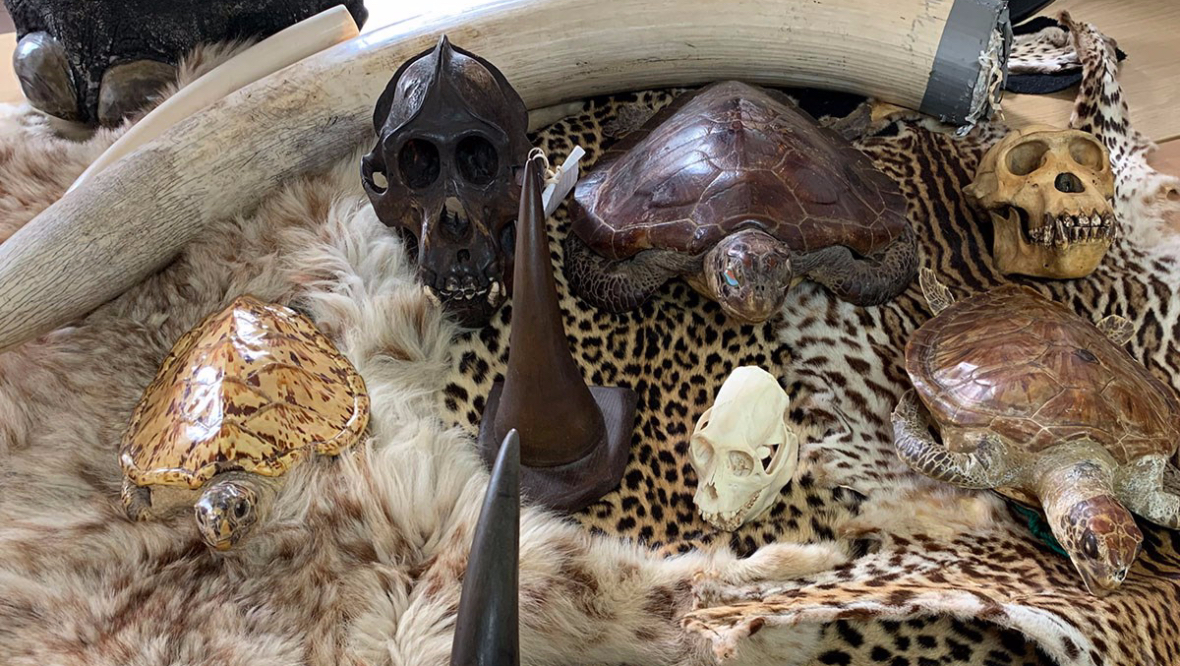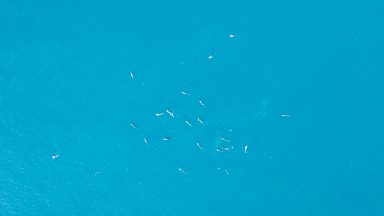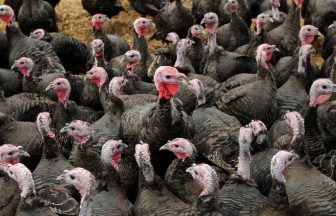Police in Edinburgh plan to talk to antique dealers, vintage clothing and pet shop owners to raise awareness around the illegal trade of endangered species.
Wildlife crime covers a wide range of criminal activity, including:
- Damage to a Sites of Special Scientific Interest,
- The disturbance of sea mammals,
- Illegal use of traps and snares,
- Illegal taxidermy,
- Illegal cockle picking,
- Removal of birds nests from the eves of houses at certain times of the year.
There are currently six specific wildlife crime priorities in Scotland.
Bat persecution
All bat species in the UK are legally protected by both domestic and international legislation.
It is illegal to kill, injure, harass or disturb bats or damage their roosting place, whether this is deliberate, reckless, or even done through a lack of awareness.
It is also an offence to possess, sell, or advertise a bat or any part of a bat.
Badger persecution
Badgers are fully protected by the Protection of Badgers Act 1992, and anyone who takes, kills or injures a badger, or who interferes with a sett, can be sent to prison or fined.
Snaring, poisoning and the activities of badger baiters are illegal.
Badger baiting is extremely cruel and the badgers often suffer severe injuries before they are killed.
If you see anyone with digging equipment and dogs in an area where badgers do live, don’t approach them but take note of any vehicle registration numbers and call the police immediately.
Birds of prey persecution
All raptors are protected by law and to intentionally kill or injure a wild bird is an offence, including shooting, trapping, poisoning, or interfering with their nest site.
Wild birds, including their eggs, nests, and chicks, are protected by the Wildlife and Countryside Act 1981.
Whilst common birds are protected under law, offences against rare species may lead to arrest and result in a custodial sentence or fine.
Freshwater pearl mussels persecution
Freshwater pearl mussels are an endangered species found in rivers in the north of Scotland, the last stronghold of them in the world.
The penalties for this crime can be severe, including a £5000 fine or six months in custody.
The crime is most likely to occur in low water during the summer months on rivers with good pedestrian and vehicle access.
It is also an offence to intentionally or recklessly damage or destroy a place that mussels use for shelter or protection.
Shoddy or unauthorised river engineering, mini hydro-electric schemes or fishing proprietors can all result in alterations to the river bed or bank that can lead to large scale killing or injuring.
CITES (Convention on International Trade in Endangered Species) Issues
CITES regulates the legal trade of 30,000 species, including birds, animals, and plants whose wild populations are threatened.
Its six current priorities in illegal trade are:
- Raptors
- Ivory
- Medicinal and health products (including rhino horn)
- Reptiles
- Sturgeon derivatives and extracts
- Timber
Poaching and coursing persecution
Those involved in hare coursing will usually use lurchers, greyhounds and whippet dogs.
Deer poaching is also illegal and is a crime usually committed at night, with poachers often trespassing on private land to get to the animal.
Salmon poaching is often carried out for commercial purposes or by individuals and small groups who want to fish for free.
For more information, visit NatureScot or Police Scotland.
If you suspect items are being sold illegally, report it via 101.
Follow STV News on WhatsApp
Scan the QR code on your mobile device for all the latest news from around the country


 Facebook
Facebook























